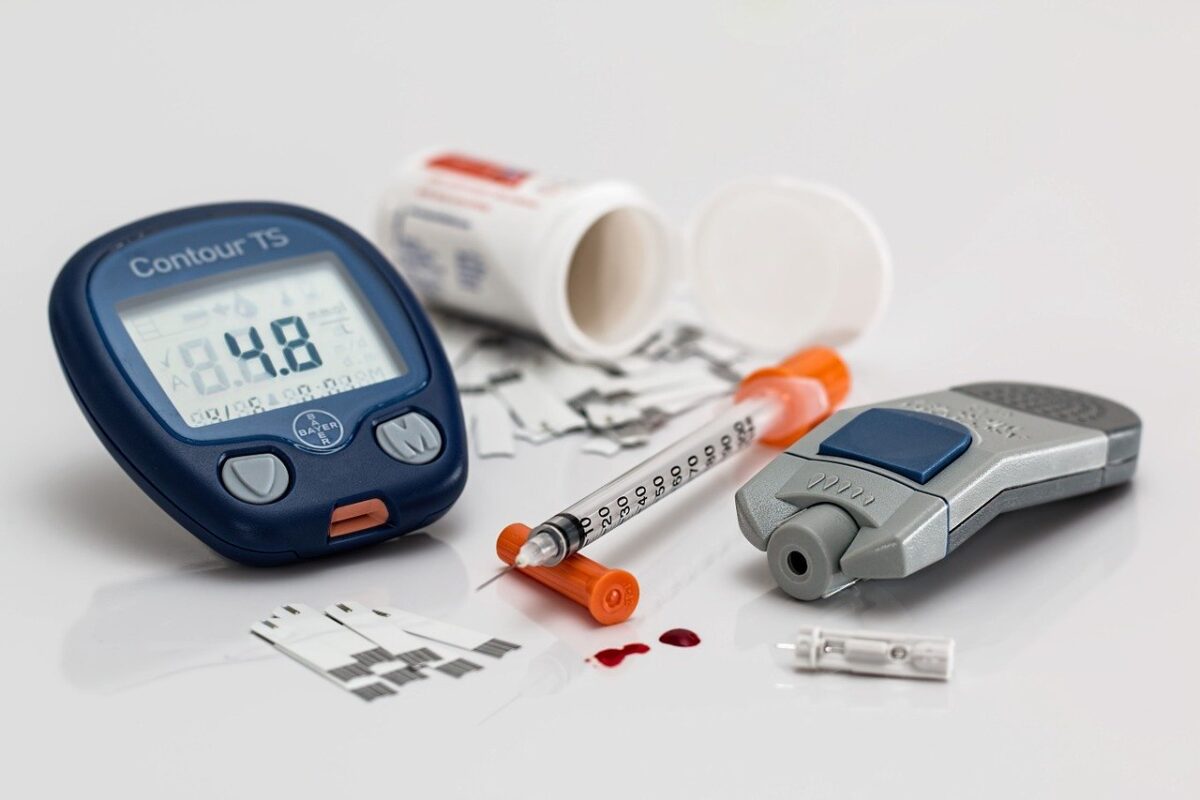What is Diabetes?
The body breaks down carbohydrates that are found in food and converts them to glucose, which is the major source for food for the body cells. Diabetes is a condition wherein the body does not respond to, or is missing a hormone called insulin. This hormone helps the tissues and organs of the body to use glucose from the blood. When there is a shortage of insulin in the body, glucose or blood sugar level builds up in the bloodstream.
Diabetes can be diagnosed through a fasting blood glucose test. There are two types of diabetes:
Type 1: Previously known as insulin-dependent diabetes mellitus (IDDM), which is the deficiency of insulin in the body. This develops mainly in adolescence and early adulthood.
Type 2: Previously known as non-insulin dependent diabetes mellitus (NIDDM) which is the resistance of the body to insulin. This develops mainly in adults, and is frequently associated with obesity, hypertension and high levels of cholesterol.
Symptoms of Diabetes
Early Symptoms:
- Excessive thirst
- Frequent urination
Advanced Symptoms:
Type 2 diabetes may be asymptomatic in its early stage
- Sudden weight loss (mainly type 1)
- Tingling or numbness in legs, feet or fingers
- Slow healing of cuts
- Weakness and fatigue
- Nausea and vomiting
Diabetes is one of the leading causes of kidney failure in many countries. Diabetes damages blood vessels throughout the body, affecting the kidneys, eyes, skin, nerves, muscles and heart. The co-existing high blood pressure is an important risk factor for diabetics to develop kidney failure. In addition, the presence of protein in the urine is a significant factor that leads to kidney failure among diabetics. Finally, the level of control of blood sugar also affects the development of complications in all organs of the body. Thus, it is crucial to control diabetes well, manage high blood pressure and reduce the amount of protein in the urine through regular drug therapy.
Symptoms of diabetes developing kidney disease
Early Symptoms:
- Protein in the urine
- High blood pressure
- Increased need to urinate, especially at night
Advanced Symptoms:
- Morning sickness, nausea and vomiting
- Weakness, pallor and anemia
- Itching
Among diabetics, who are most at risk of progression to kidney disease?
- People who are overweight.
- People with a family history of diabetes and kidney disease.
- Patients over 40 years old with NIDDM.
- Patients with IDDM even before 40 years of age.
- Patients with poor control of diabetes.
- Patients with high blood pressure, urinary protein or high cholesterol.
How can diabetics retard the progression to kidney disease?
Treatment of diabetic kidney disease involves slowing its progression to irreversible kidney failure by:
- Controlling high blood pressure.
- Controlling blood sugar levels.
- Regular visits to a doctor.
- Taking medication to decrease protein in the urine.
- Controlling blood cholesterol.
- Treating urinary tract infections.
- Taking medication as prescribed.
- Increasing intake of high-fiber diet.
Diabetes is one of the leading causes of kidney failure among Singaporeans, accounting for about 40% of reported cases. Every year, about 500 new cases of kidney failure are diagnosed among Singaporeans. Of these cases, around 200 are attributed to diabetes. Poor control of diabetes can lead to medical complications like heart disease, kidney failure, impotence, nervous system disorders, limb amputation and blindness.
